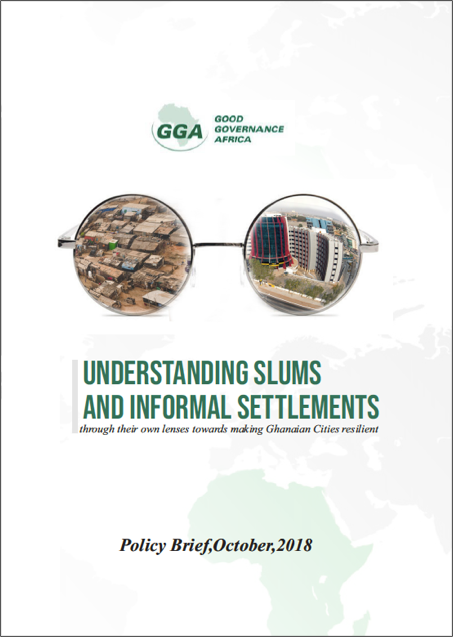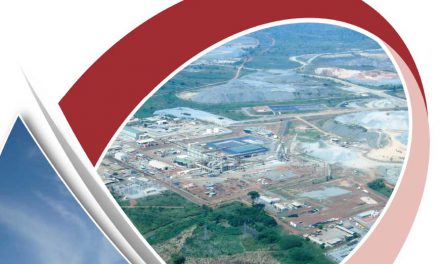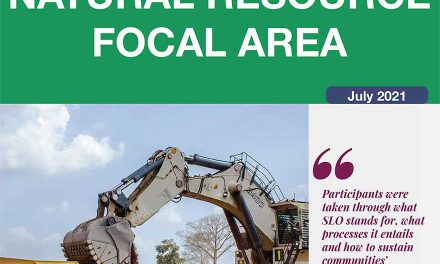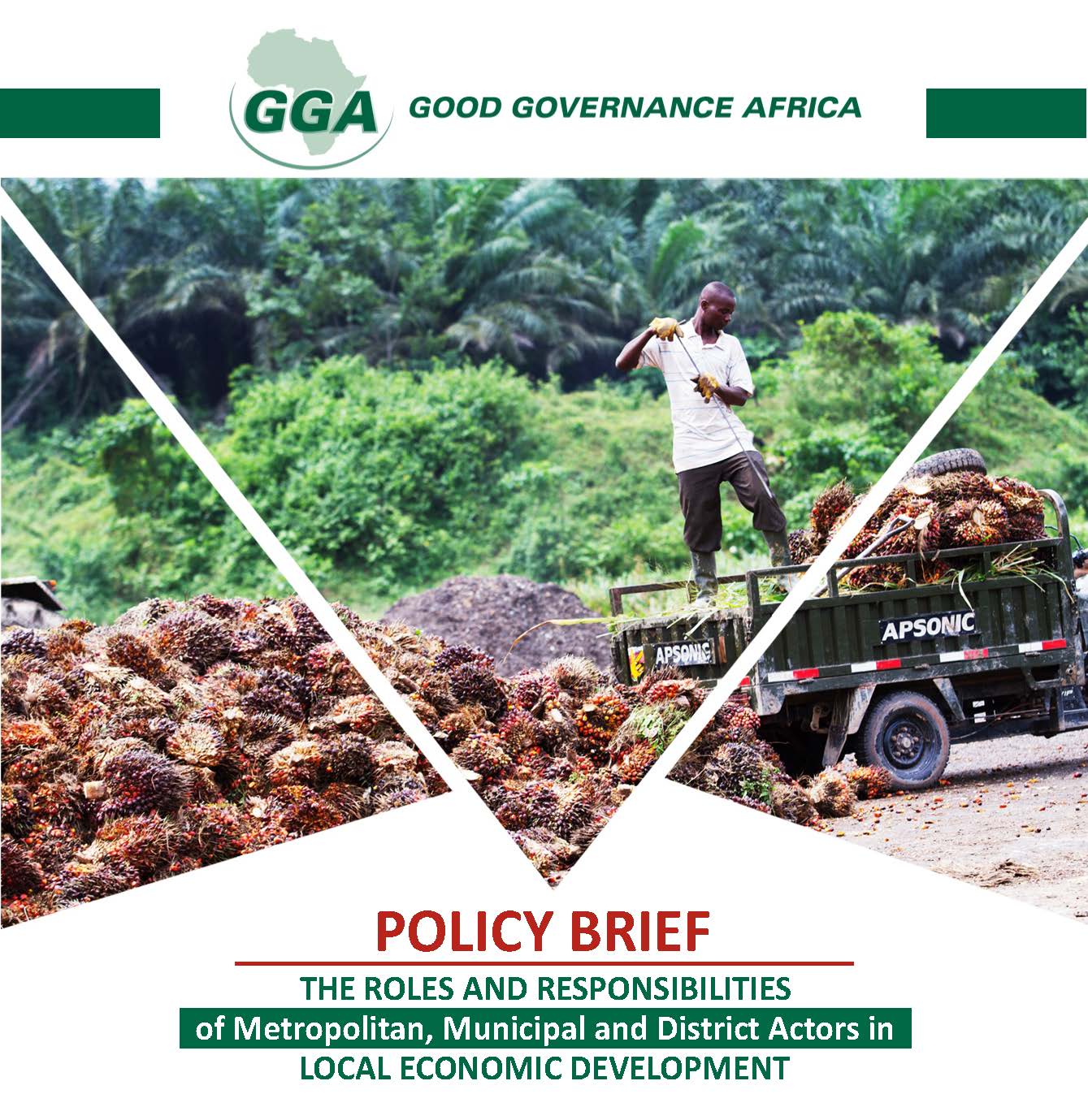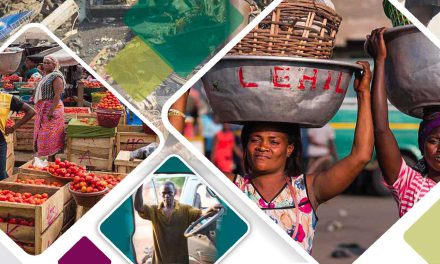Urban Poverty and our Collective Safety
Slums and Informal Settlements in cities across Africa – The Ghana Case
A publication by the Cities Alliance states that policymakers and leaders should see investments in the improvement of slums as investments in public health. If this statement was contentious at the time, it certainly will receive some credibility in this period of worldwide pandemic. The events unfolding since the breakout of the coronavirus (COVID-19) pandemic, especially in the developing world, are bringing back the debate on how the development of slums and informal settlements should be tackled. Local governments usually refer to these pro-poor urban settlements as illegal, which does not assist in achieving a desirable outcome.
In Ghana, a spotlight on some of these slums amid the fight against COVID-19 has revealed years of neglect of the poor and the most vulnerable city residents. Lacking basic needs such as shelter, food and water, slum dwellers have been found wanting in their ability to adhere to government’s decision to announce partial lockdowns to contain the spread of the deadly virus. In most instances, the urban poor, including slum dwellers, have gone against the executive instrument of the president of Ghana, His Excellency Nana Addo Danquah Akuffo Addo, to stay indoors with the excuse of either having nowhere to call a home or being afraid of dying from hunger. Years of neglect in terms of infrastructure of these run-down communities have thus contributed to situations that could best be described today as inhumane or a ticking time bomb. There have been many calls for action and support for the needy in such communities during this time of COVID-19, with the middle and upper classes fearing that if nothing is done to assist these residents, the entire nation will be at risk. Our collective survival therefore hinges on the steady improvement in the living conditions of all, but especially the poor and the vulnerable (particularly women and children).
GGA-WA is revisiting its research, debates and public engagements on the subject of slums and informal settlements. A summary of some of the policy recommendations from the GGA study on slums and informal settlements in Ghana is set out below:
- City authorities must not seek to implement forced evictions – this is to avoid a situation whereby already poor and economically disadvantaged residents in the urban centres are displaced without any alternative accommodation from the government (both central and local).
- Need for collaboration and coordination amongst stakeholders – there is the realisation of duplication of efforts of various stakeholders attempting to address the concerns of slums. Years of interventions have yielded limited results, hence the need to pull resources together and coordinate actions to achieve expected impacts.
- Improve the general economy to prevent the creation of new slums – while there are bold attempts at addressing development gaps in slums in our major cities, the government must take urgent steps to also develop rural areas to check the continuous migration of people from these communities. Economic development should be equitability distributed to help stop the creation of more city slums.
- Slum upgrading or redevelopment should be supported – slums that have existed for many years should be redeveloped to improve the living conditions of the urban poor. Since African governments have failed in their attempts to relocate urban slums, it is time to rethink forceful evictions and the categorisation of slums and other informal settlements as illegal. Instead, they must be upgraded or redeveloped to stem challenges such as COVID-19.
Panellists at the launch of the research report. From right to left, Dr Ohene Sarfoh (PSS Urbania), Kwasi Opoku (Ghana Institute of Planners) and Maame Wole (Old Fadama Slum, Accra)

